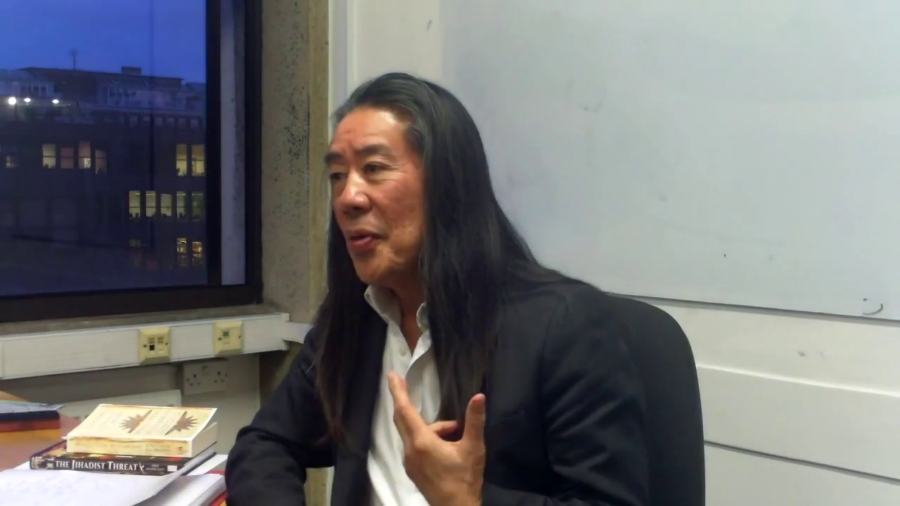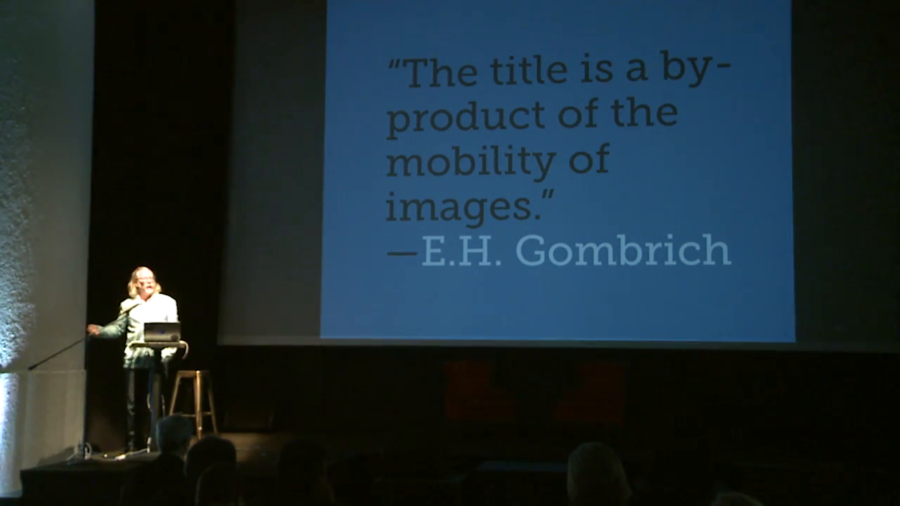We’ve talked about just war, and we’ve used just war theory as a template for discussing just rebellion. And we’ve talked about the justice that enables a rebellion to take place. And we’ve also talked about what is just conduct within that rebellion, in both cases borrowing from just war theory. What happens, however, if rebellion uses war as one of its instruments to achieve its aims?
Archive
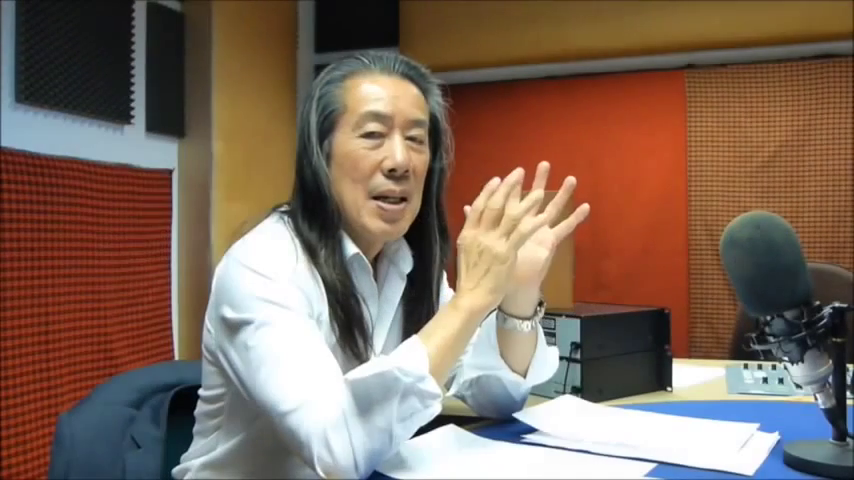
Is there a commonality of reasons for why you rise up? The idea of what is just can be very much interrogated from “do you mean in terms of justice?” And then who’s conception of justice? What philosophical, what ethical background of justice are you referring to? Or are you talking about justified? What justification leads you to rebel?
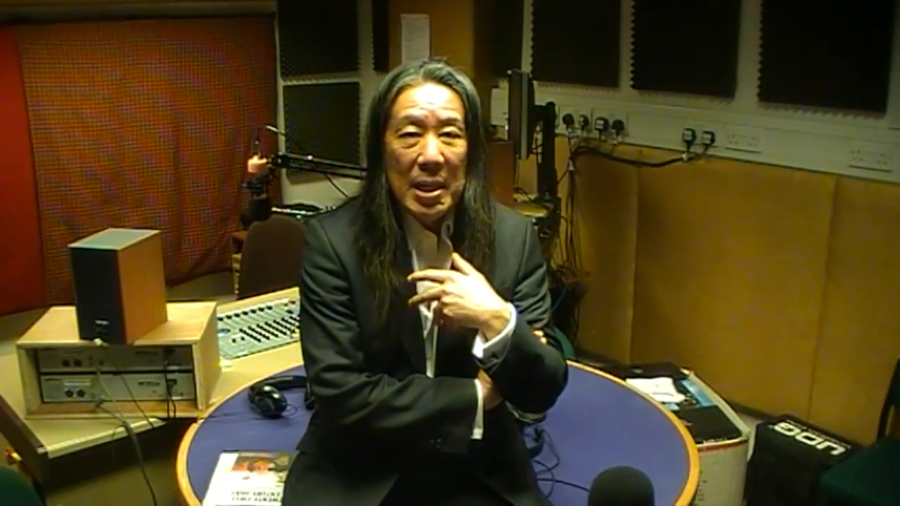
As we enter May 2017, the city of Mosul, held stubbornly by ISIS forces, has still not fallen. What has become a siege of the city is now a fight almost on a street-by-street basis for the old city.
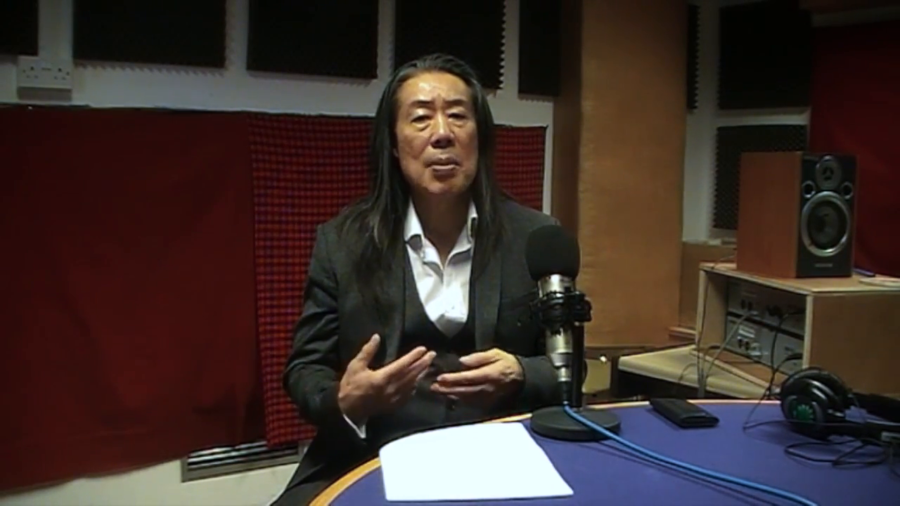
In the heyday of Islamic thought, of Islamic philosophy, of disquisitions about the meaning of Islam and its place in the world of knowledge, in the 13th century, the thought of great Islamic thinkers also was that God and his text constituted a first principle. All else was contingent upon this first principle. Second, third, principles, etc. were contingent.
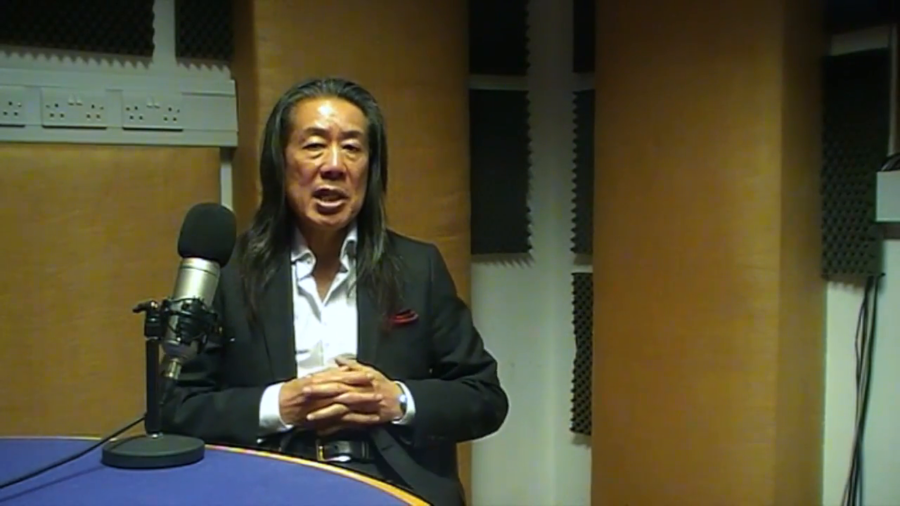
To secularize the state is not simply a magical operation that happens at the wave of a hand. You’ve got to desacralize the state.
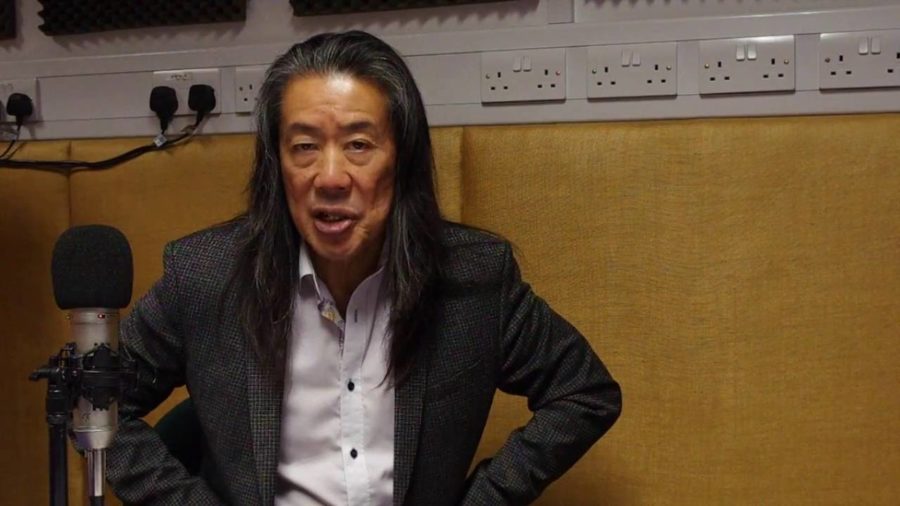
When we look back at our history here in Europe, we often celebrate the romanticized version of that history and forget the import that that romanticism often cloaked. For instance when we have films, when we read the books of Alexandre Dumas, particularly The Three Musketeers, all we see are three (plus one) swashbuckling, sword-bearing gentleman usually of an exquisite handsomeness. And there’s an evil cardinal, Cardinal Richelieu, lurking in the background. But the idea that France was just like this for no apparent reason is something that we never really really investigate.
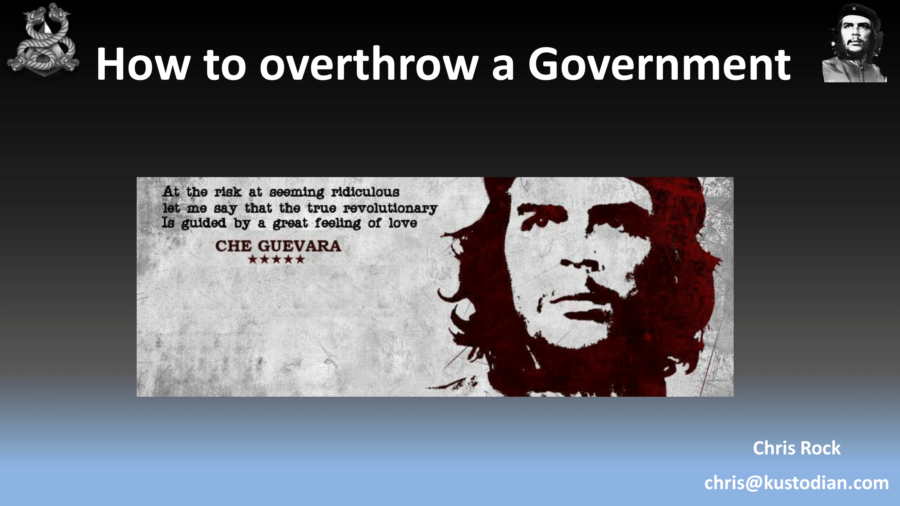
I don’t want to live in a world where ISIS is scarier than hackers, especially in 2016. We previously held the title in 2013, ’14, and ’15. And to be honest I was a little bit disappointed when I saw this result. So I thought I’m in my 40s now, there’s a lot of young hackers in the audience, and I’m not going to pass the baton to you guys unless we have that number one spot back in our pile.
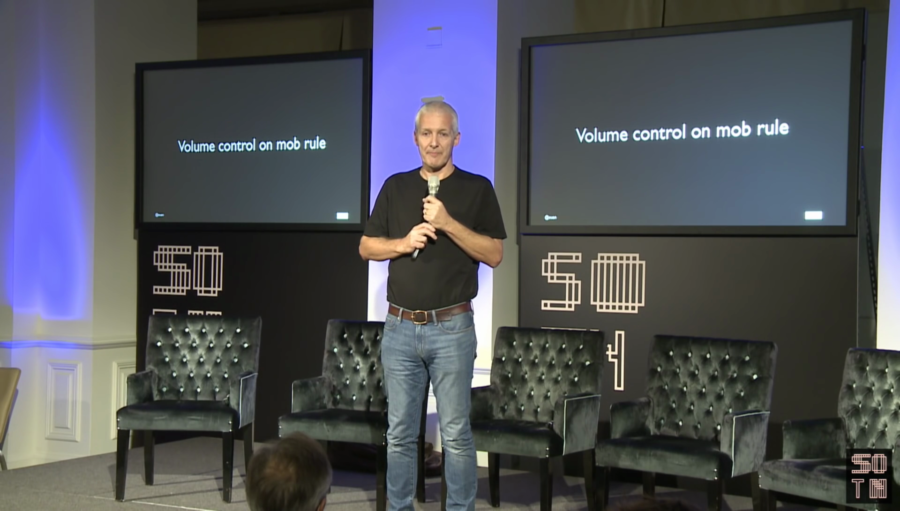
I think we are groping towards this idea of truth. And even the word truth can be defined in multiple different ways. So we are by its very nature dealing with a very slippery topic.

